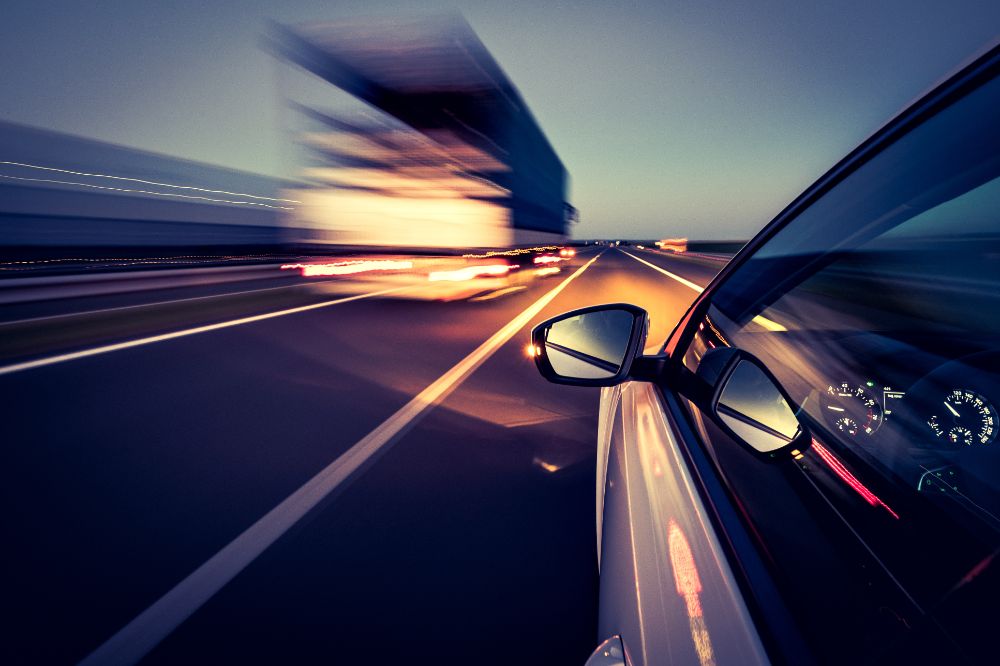Dozing while driving is one of the most common causes of traffic accidents in the world, and according to a study conducted by the German Technical Inspection Authority, if a driver falls asleep for 3 seconds at a speed of 100 km-h, he travels 80 meters without following road conditions, which raises the risk an accident.
Excessive staying up late, lack of sleep and social engagements in the late night hours are among the main reasons for napping while driving, which in turn leads to a high rate of traffic accidents, causing a lack of focus and slow reaction to sudden symptoms among drivers.
Although car manufacturers seek to provide technologies and programs aimed at alerting the driver if he falls asleep while driving, these technologies cannot prevent the driver from sleeping, and can have counterproductive results, because the driver becomes more confident and secure that the device will save him from sleep.
Get enough sleep before driving the car.
Stop driving the car when you feel drowsy, and take a rest inside or outside the car.
Open the car windows and breathe in the natural air instead of turning on the air conditioning.
Avoid drugs that cause drowsiness, such as antihistamines and pain relievers.
Be sure to eat light meals before driving the car, instead of fatty foods, which increase the desire to sleep.
It is preferable for one of the people accompanying the driver to remain alert to sympathize with him and urge him to rest in case he appears tired.
Turn on the radio and pay attention to the news or a program.








